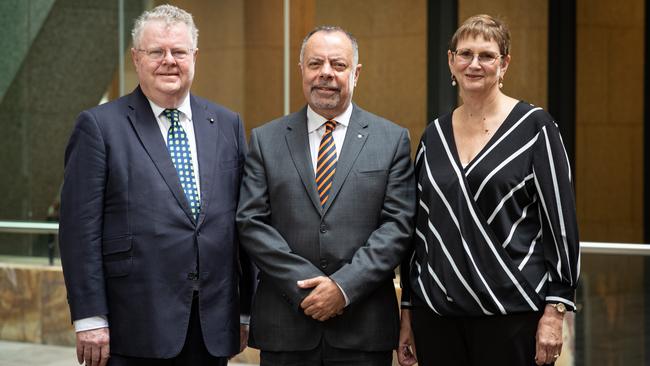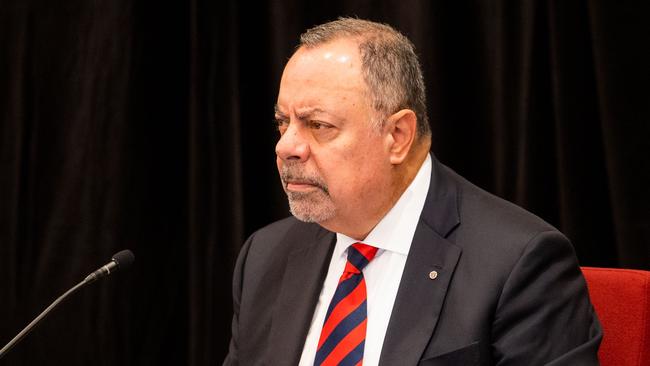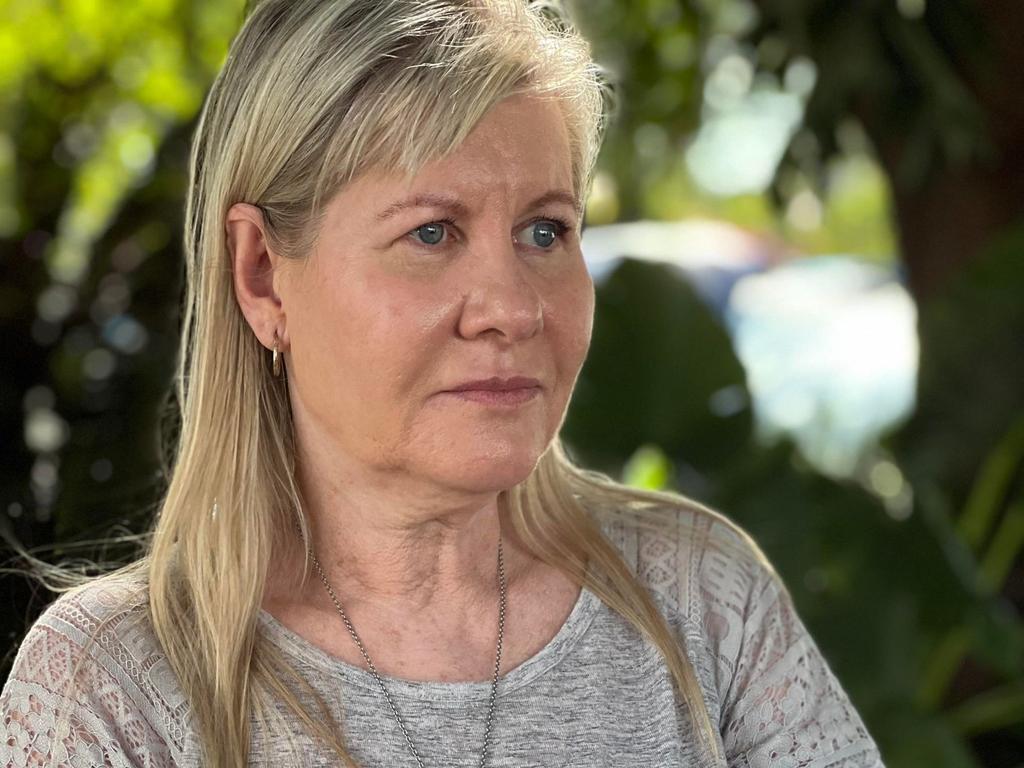Defence ‘stymieing’ vets suicide inquiry, says Nick Kaldas
Veterans’ suicide royal commissioner Nick Kaldas has accused Defence of failing to do enough to prevent suicides by ex-servicemen and women, and attempting to ‘stymie’ his inquiry.

Veterans’ suicide royal commissioner Nick Kaldas has accused Defence of failing to do enough to prevent suicides by ex-servicemen and women, and attempting to “stymie” his inquiry into the “national crisis”.
In a speech to the National Press Club on Wednesday, Mr Kaldas said Defence needed to acknowledge its own role in failing to address the problem, and “urgently embrace the changes needed” to halt the preventable deaths.
He lashed Defence’s “snail’s pace” approach to investigating and reporting on veterans’ suicides, and questioned its commitment to addressing the problem.
Mr Kaldas said evidence uncovered by the royal commission suggested “there has been far too much talk and not enough action” by Defence and DVA.
He pointed to the fact that a new mental health and wellbeing branch within Defence, led by a one-star officer, would not be up and running until at least January 2025.
But Defence had rapidly set up a taskforce to “assist” the royal commission led by a two-star commander.
“All of this raises serious questions as to whether Defence is committed to making change in the best interests of its members – or whether they’re just going through the motions,” Mr Kaldas said.
He said the royal commission had been “stymied and stonewalled along the way” by Defence, and called on the department and Veterans’ Affairs to “once and for all, get on board and act”.
“We have faced significant delays in the provision of vital data and information sought from Defence, as well as other challenges such as cabinet-in-confidence, public interest immunity and parliamentary privilege – and the need to sensitively gather evidence without impacting issues of national security,” Mr Kaldas said.

The Chief of the Defence Force Angus Campbell attended Mr Kaldas’ address but refused to answer media questions, walking away silently as he was asked for his reaction to the speech.
Mr Kaldas pointed to “heartbreaking” statistics revealing at least 1600 veterans who served since 1985 had died by suicide between 1997 and 2020.
“That’s more than 20-times the number killed in active duty over roughly the same period,” Mr Kaldas said.
“Tragically, the senseless loss of life continues today.”
He said ex-serving men were suiciding at a rate 44 per cent above men in the general population, while female veterans were twice as likely to due by suicide as women who had not served.
“To address this, Defence must first acknowledge its role and actively and urgently embrace the changes needed,” Mr Kaldas said.
“The first step to fixing a problem is to acknowledge a problem exists.”
The royal commission had heard first-hand accounts of “abuse, assault, bastardisation, bullying, harassment, discrimination, misogyny and physical and sexual violence within the ADF”, and of the “code of silence” that protected the perpetrators, Mr Kaldas said.
“It’s troubling to imagine that such behaviour persists in any modern-day workplace,” he said.
“What is even more alarming is that an employer could neglect or mishandle a complaint of misconduct or target the complainant, leaving them re-traumatised. Yet that is exactly what we are hearing.”
If you or a family member needs help, contact: Suicide Call Back Service 1300 659 467; Lifeline Australia 13 11 14; Open Arms 1800 011 046; Defence All-hours Support Line 1800 628 036






